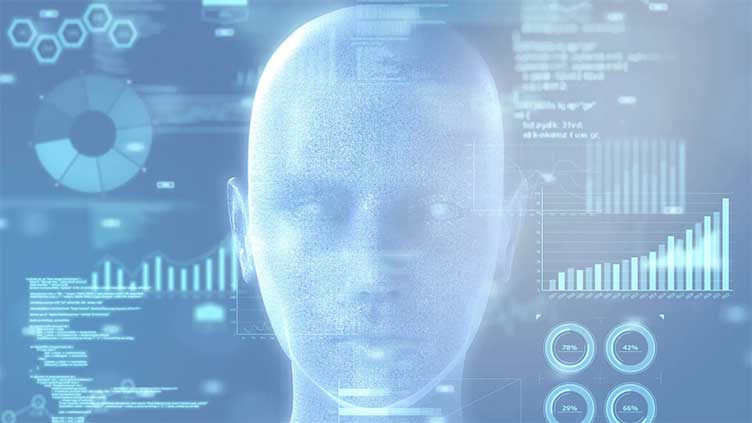Lawmakers unveil Act to curb AI deepfakes

Technology
The Act was hailed as a milestone in protecting artists' rights
(Web Desk) - Actors and recording artists are throwing their support behind a new bill that seeks to restrict how artificial intelligence can be used to recreate an existing person’s voice or likeness.
The No Artificial Intelligence Fake Replicas and Unauthorized Duplication (No AI FRAUD) Act was introduced with bipartisan support in the House of Representatives.
The bill cites several high profile AI deepfakes where the tech was used to replicate a celebrity’s voice or appearance.
One is the song "Heart on my Sleeve," which used AI versions of Drake and The Weeknd's voices and went viral.
Meanwhile, several actors, including Tom Hanks had had their likenesses recreated to sell products they don't endorse.
If passed, the law would make deepfakes and voice cloning illegal if done without permission and violators could be liable for $50,000 in fines and other potential punitive damages.
The bill has the support of the actors' union SAG-AFTRA and the Recording Academy.
The use of AI, in part, led to the former's recent months-long strike.
"Without smart regulation, AI technology poses risks to individuals and intellectual property rights," said SAG-AFTRA president Fran Drescher in a statement.
"We applaud the introduction of the No AI FRAUD Act. It’s essential for the public to get involved and advocate. Let’s ensure AI technology remains a tool for humans and not a means of human exploitation."
Moiya McTier, an advisor to the Human Artistry Campaign, a non-profit dedicated to promoting the responsible use of AI in the creative arts, said in a statement that "timely action is critical as irresponsible AI platforms are being used to launch deepfake and voice impersonation models depicting individuals doing and saying things they never have or would."
"This not only has the potential to harm these artists, their livelihoods and reputations, but also degrades societal trust.
There has never been a more important time for our leaders to demand responsible and ethical AI that works for people — not against them."


